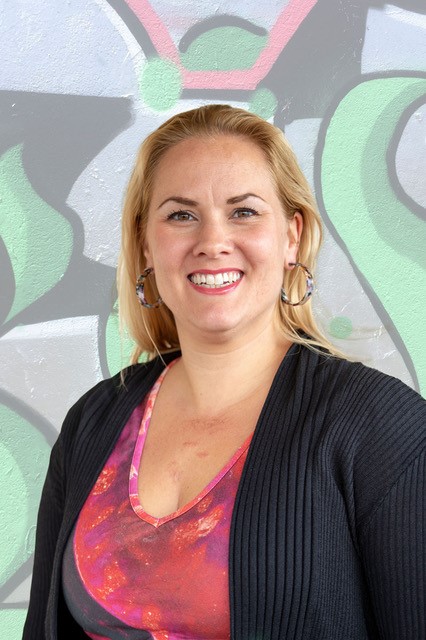Double shot of coffee and communities gives a boost to people experiencing homelessness

There are 40 community foundations across Australia, engaged in deeply connected and life-changing work at a local level. A powerful example is the Inner North Community Foundation that provided $20,000 to the big-hearted not-for-profit St Mary’s House of Welcome in Melbourne. The grant provided a coffee machine and barista training to provide long-term prospects to people experiencing homelessness.
Not all philanthropy happens on a large level or national stage. Suburban communities can work together to address very local problems, through community foundations.
The Inner North Community Foundation, established in 2007, operates across the Melbourne council areas of Merri-bek, Darebin and Yarra. With $10.2 million in funds under management, invested to ensure the ability for perpetual assistance, the foundation has so far awarded 360 grants to local entities and programs, at a value of $5.7 million. It is one of more than 40 community foundations operating across Australia, often in regional areas.
Run by locals, and working with locals to decide where grants are most needed, community foundations can see gaps in care and need that others may not. For example, while you might not think the inner northern suburbs of Melbourne were short on people who can make a good coffee, the Inner North Community Foundation recently donated $20,000 to St Mary’s House of Welcome, so that the big-hearted open access centre on Brunswick Street, Fitzroy, could purchase a reconditioned café-ready coffee machine, along with barista training hours.
The deeper meaning behind the coffee machine project was mutually understood as soon as the grant to develop hospitality skills was mooted, thanks to long-term dialogue between the foundation and St Mary’s House of Welcome, which has served the local homeless community for more than 65 years. “We were thrilled when they applied and were really happy to support the initiative,” said the then Inner North Community Foundation Acting Executive Officer Caroline Doherty, speaking in late 2023. “We’ve seen programs like this work so well before.”
It’s about so much more than a coffee machine. Normally, St Mary’s House of Welcome is seeking funding to be able to provide more showers, meals, fresh underwear and the other practical support it provides for its cohort, who might be battling homelessness, food insecurity, mental health issues, substance abuse and/or social isolation. But this professional barista training was something different and with a long-term view. Completing the training promised a deep satisfaction of achievement, along with a proficiency certificate, as well as a realistic window to potential employment, if St Mary’s follow-up advocacy to local businesses needing baristas could bear fruit.

“We are working to increase the employability of the people that we help, after some of them have experienced years of trauma,” said St Mary’s House of Welcome CEO Robina Bradley. “Beyond trying to get them housing, this can help them look good and feel good about themselves. It’s about increasing their sense of self-worth, make them more robust and offer a chance at developing financial security. This is literally what we at St Mary’s are always trying to do.”
The Inner North Community Foundation works with many such organisations across all areas of need, as perceived by the local population. “One of the things I find particularly inspiring is that at the community foundation, we’ve transitioned to local community members making grant recommendations via Community Advisory Panels,” Caroline said.
“They’re empowered with best-practice grant assessment tools, and are collaborating with experienced grant assessors, to make informed recommendations about projects that will deliver impact for their community. It’s people with lived experience within the community being supported to help decide where funds land. That’s incredibly powerful.”
Caroline said the COVID-19 lockdowns created an appreciation among people for why local communities matter. “That appreciation of how essential community is on every level, and an understanding that government can’t meet every need,” she said. “Community requires people who care either contributing time or contributing resources in the form of connections or networks. For others, they may have the capacity or drive to either directly or collectively fund interventions, and that’s part of the joy of the community foundation approach – those that donate come from all life stages and all perspectives in terms of the scale of their contributions.”
This story was first published in the hardcopy edition of Inspiring Stories of Giving volume 1 in 2023.